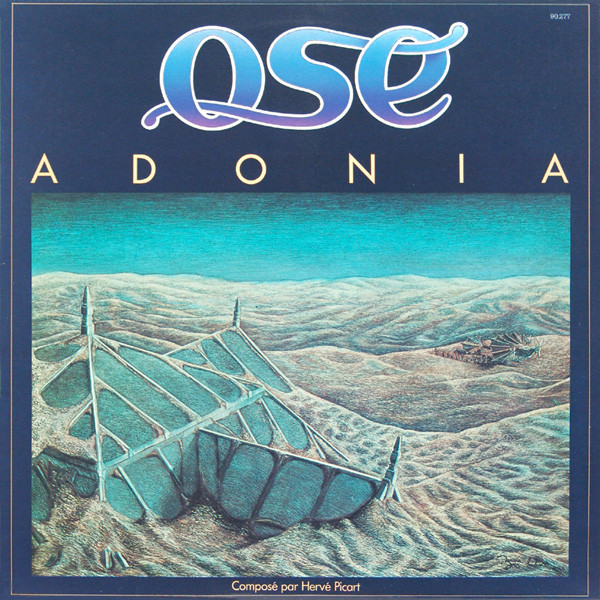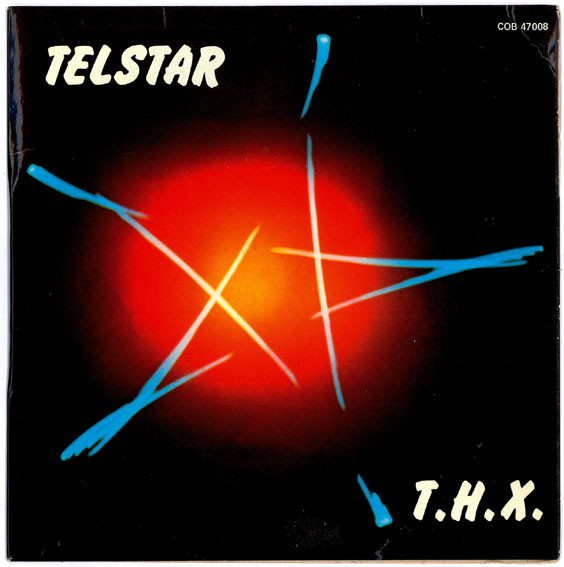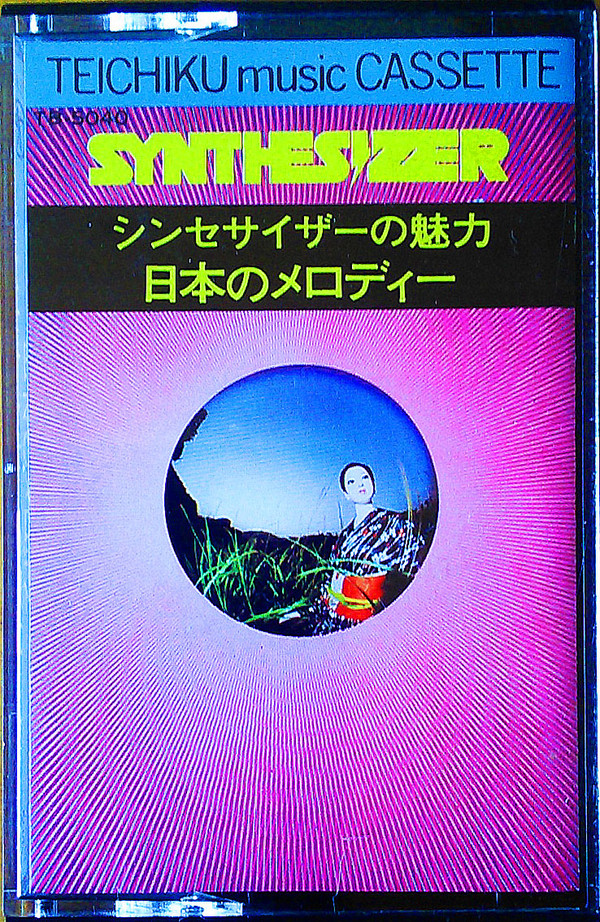I’ve put up two episodes of my movie podcast, Cinema Oblivia, since my last blog post, and I’m quite happy with both of them. First up, Shane Bettenhausen, formerly of EGM and 1Up, occasionally of Retronauts, joined me to talk about the so-bad-it’s-really-bad camp classic The Apple. And then, my good friend Matt recorded an episode with me about Joysticks, the incredibly bad 1983 sex comedy set in an arcade.
I don’t plan on regularly dumping on bad movies with my podcast, it just kind of worked out from a scheduling standpoint. This coming Thursday the quality of films I’ll be discussing does slightly improve, as my friend Erik Pepple joins me to talk about Rad (a bad movie about BMX) and BMX Bandits (a very good movie about BMX). And next week is the big one that I’m very much looking forward to y’all hearing, when I’m joined by Giant Bomb’s Alex Navarro to talk about Sam Peckinpah’s bloody boozy classic, Bring Me The Head of Alfredo Garcia.
New episodes go up EVERY THURSDAY MORNING so check them out sometime! And spread the word! I got big plans for that sucker, but I need at least a little bit of an audience first!
Okay, enough shameless self-promotion. Here’s an all French prog rock post because why not.
Adonia
Approche Sur A
Orgasmachine
Adonia was a one-off act featuring two members of influential early electronic prog pioneers Heldon (Richard Pinhas and François Auger) along with Hervé Picart, who seemed to be the real brainchild behind the thing if the liner notes are any indication. Picart composed the entire album, with Pinhas arranged it and provided his trademark spacey guitar riffs to each track, while Auger played drums.
Heldon is a weird band and a band that I always want to like more than I actually do. Truth be told, I prefer this album to Heldon proper. Picart’s compositions are just grounded more in reality for me, I guess. They work better as music that I want to listen to, instead of the sonic experiments that seem to make up most of the Heldon/Pinhas stuff I’ve discovered. I think the only Heldon album I prefer over this is their final release, Stand By, which is a fantastic record that I recommend to anyone with a penchant for electronic/minimal/ambient/Tangerine Dream/whatever type music.
I don’t know what to compare these two tracks to. My go to reference point for any music like this is Tangerine Dream, but that really doesn’t do it justice. It features far more guitars and actual drums than any Tangerine Dream album that I can think of. Maybe Cluster? Harmonia? Neu!? It’s very Krautrock, that’s for sure. Despite the fact that it’s from France. I also appreciate the idiocy of a track called “Orgasmachine” especially when’s as anti-sexy as this track is. Amazing, fantastic, great guitar work on it though. Really trippy shit.
Eden
La Nuit Des Sorciers
Theme O.V.N.I.
Another one-off act from France, and one I know even less about than Adonia. Eden was a duo, comprised of Allan Lys on percussion, and Hubert Vrayance on…everything else. Most of the songs on the album have a strong electronic feel to them, but the duo weren’t afraid to keep things more ogranic. This is a very bongo heavy album, and “La Nuit Des Sorciers” starts with organ and drums before the synthesizers and other electronic elements move into the mix.
“Theme O.V.N.I” (don’t ask me what it stands for, I have no idea), on the other hand, is much more electronic. While the first track is built entirely around an organ melody, this one layers multitudes of synthesizers and other electronic sounds on top, with acoustic drums serving as a backbone. It’s fucking rad. The drums really move. It almost reminds me like an electronic version of The Ventures or something, but with a classical bent? All while being primarily electronic? Am I making any sense at all? Probably not, oh well. I got bigger things to worry about than “am I properly describing the French electronic prog act correctly.”
The only thing that I can find out about either member of this group is on a review from Prog Archives, which claims that Vrayance quit music to become a police officer. I have no idea if that’s true, but I can’t imagine that would be the kind of information that someone would go out of their way to make up. In my head-cannon, dude kept a rack of synths behind his office. I don’t know why, but I like that image.
THX
Telstar
Richard Pinhas and François Auger come again with this one-off release of a cover “Telstar” that was released as a single under the name THX in 1978. I feel that it’s a safe bet to say that they named themselves after the Lucas movie THX-1138, given the duo’s tendency for sci-fi and spacey sounds. This is a very good version of Telstar, which is one of my all-time favorite songs, and it’s probably the most poppy thing that Richard Pinhas ever played on, unless he did a cover of a Beatles track or something and I just don’t know about it.
I could listen to “Telstar” covers all day. In fact, I’m depressed as hell and need something to cheer me up, so I just might do that.




